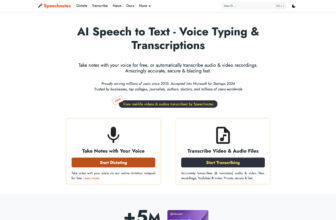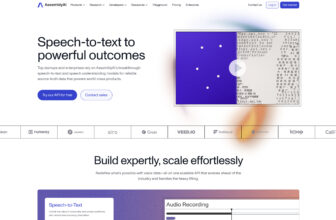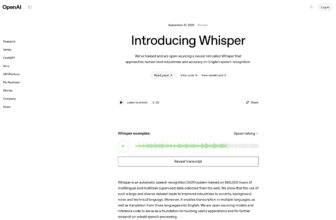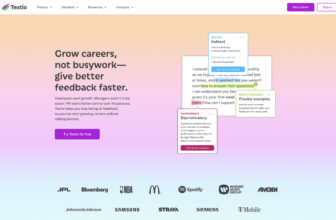Perplexity

Perplexity is an AI-powered search and Q&A tool designed to make information access smarter and more efficient. Instead of just returning a list of links like traditional search engines, it uses advanced natural language processing (NLP) to understand user queries and provide direct answers or clear summaries.
Our Verdict
What is Perplexity
Perplexity is an AI-powered search and Q&A tool designed to make information access smarter and more efficient. Instead of just returning a list of links like traditional search engines, it uses advanced natural language processing (NLP) to understand user queries and provide direct answers or clear summaries. With features like real-time data access, document summarization, and context awareness for follow-up questions, Perplexity delivers accurate, concise, and user-friendly results. It supports multi-topic queries and is particularly useful for users who want quick, reliable insights without having to sift through multiple sources.
Is Perplexity worth registering and paying for
Perplexity offers strong value even on its free plan, which is great for casual use like simple lookups, quick fact-checking, or the occasional document query. However, for heavy users such as researchers, students, or professionals who need frequent access to advanced AI models (like GPT-4 or Claude), larger file uploads, and expanded search limits, the paid Pro plan (around $20/month) makes a lot of sense. It unlocks more model choices, higher usage caps, and smoother performance, while Enterprise and Max plans are geared toward teams and power users with demanding workflows. In short, if you rely on AI search for in-depth research, document analysis, or content creation on a daily basis, upgrading is worth it—but for light or occasional use, the free version is usually sufficient.
Our experience
Having spent a lot of time with search engines, I was intrigued by the promise of Perplexity: a tool that would give me direct answers instead of a long list of links. It felt like an evolution of search, and after using it for a while, I can say it’s an incredibly powerful tool that’s changed how I do research.
The first thing that stands out is how it works. You ask a question, and it gives you a concise, well-written answer with sources cited right there in the text. This is a huge win. No more clicking through a dozen different websites to piece together an answer. I’ve used it for everything from technical research to general knowledge questions, and the results are almost always on point. I especially love the follow-up questions it suggests—they often guide me to topics I didn’t even know I needed to explore, leading to a much deeper understanding.
The “Copilot” feature is where it really shines. Instead of just answering a query, it asks clarifying questions to narrow down the search. This back-and-forth feels natural and ensures that the final result is exactly what you’re looking for. It’s like having a conversation with a brilliant librarian. I also appreciate its ability to summarize documents. I’ve uploaded a few PDFs and asked it to give me the key takeaways, and it’s saved me hours of reading.
However, it’s not without its drawbacks. While it’s great for most topics, I’ve found that on some very niche or highly technical subjects, the answers can sometimes be a bit thin. Also, even though it provides citations, you still need to be a critical reader. I’ve occasionally found that the source it links to doesn’t perfectly back up the claim made in the summary. This is a rare occurrence but a reminder that it’s a tool for assistance, not a substitute for human-level fact-checking.
Overall, I’d say Perplexity is a major upgrade from traditional search engines for anyone who needs to quickly and reliably find information. It’s perfect for students, researchers, or anyone in a professional setting who needs to get to the heart of a topic fast. For my day-to-day work, it’s become my go-to for research, and the time it saves me makes it an invaluable part of my workflow.








